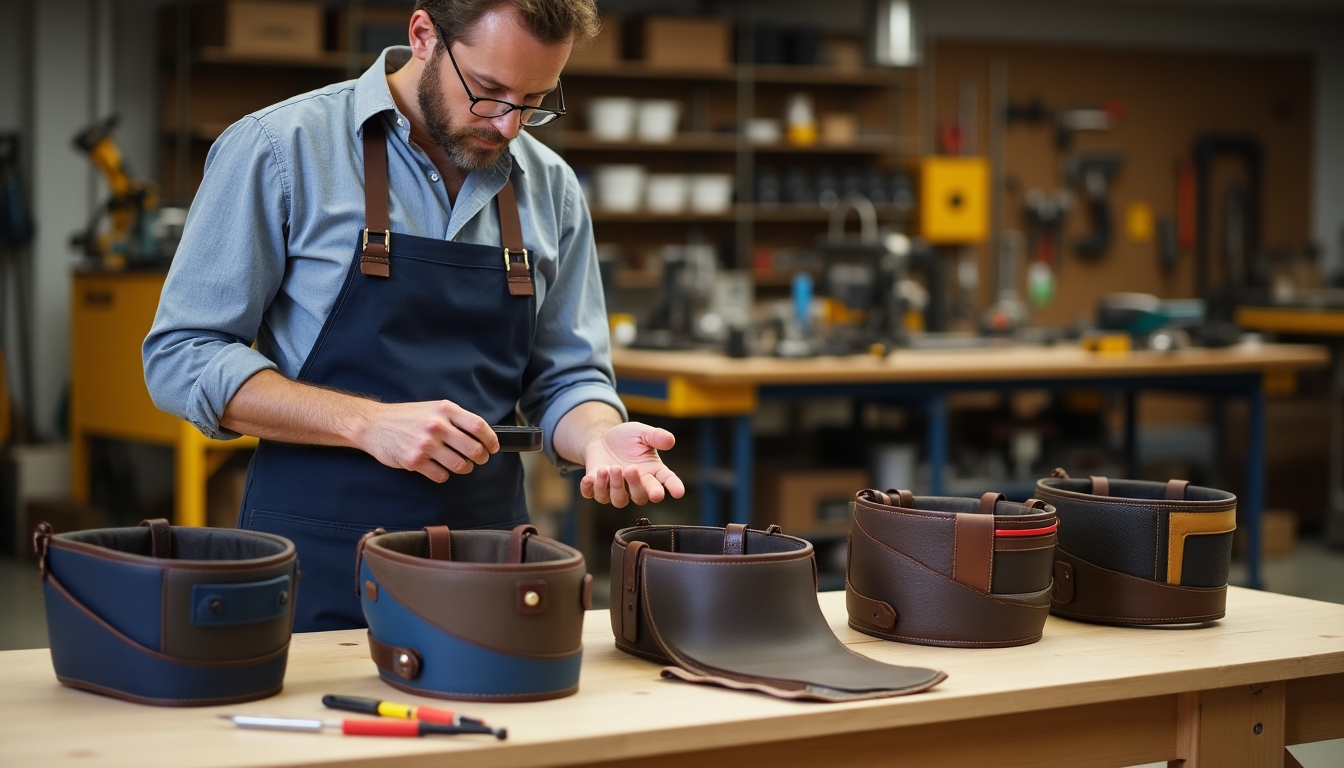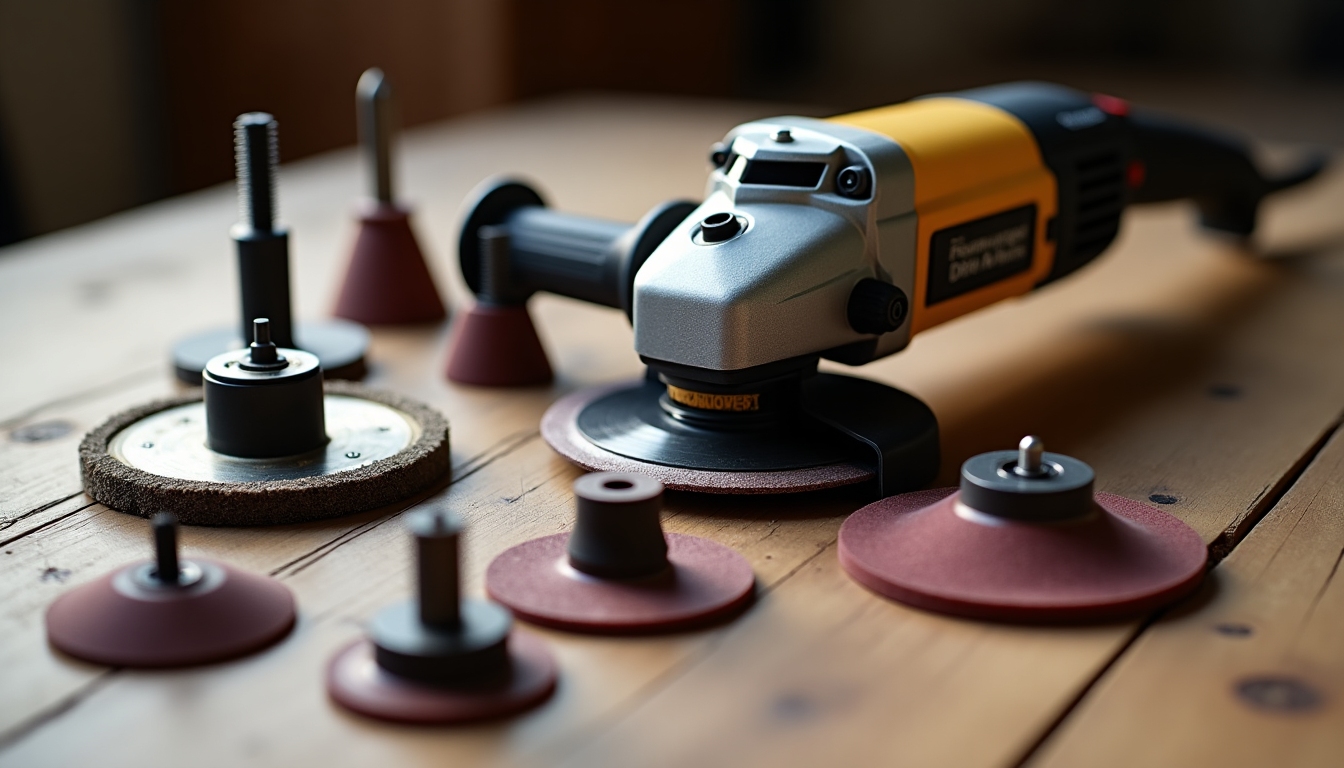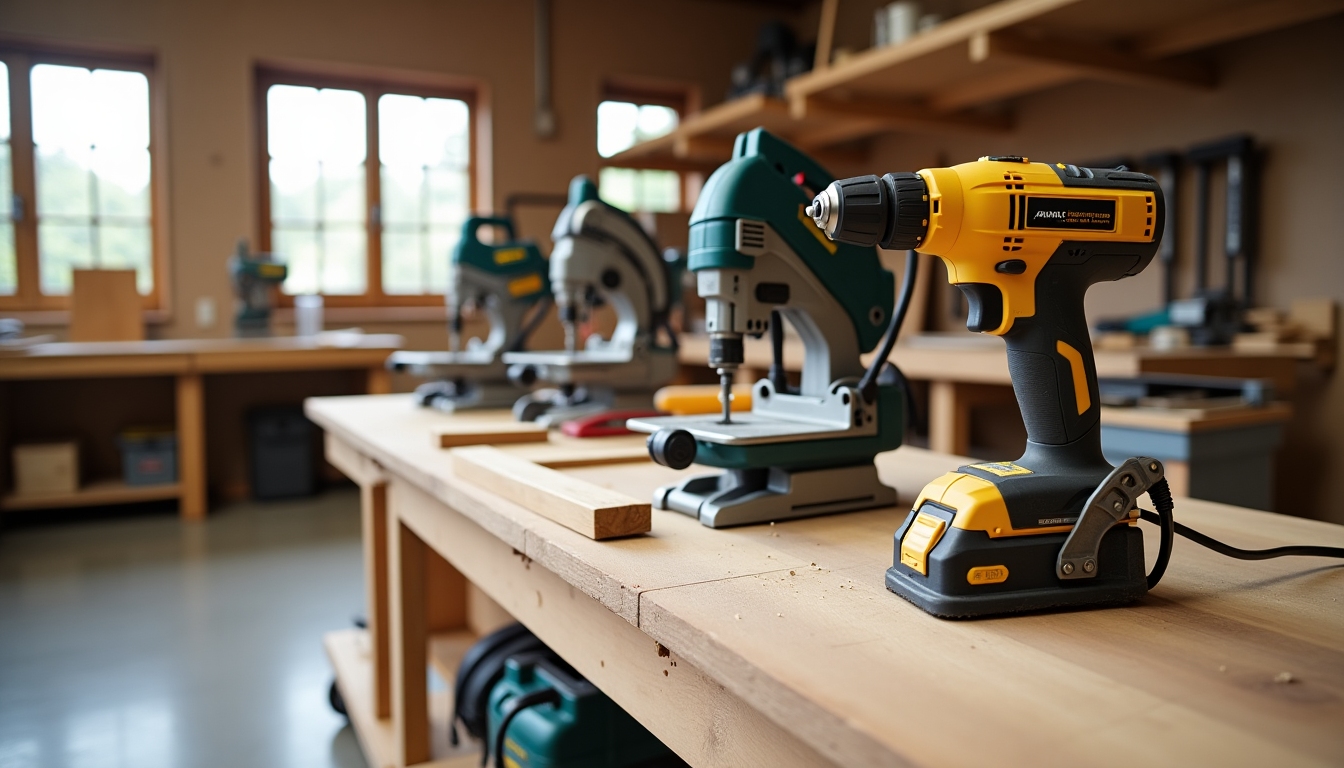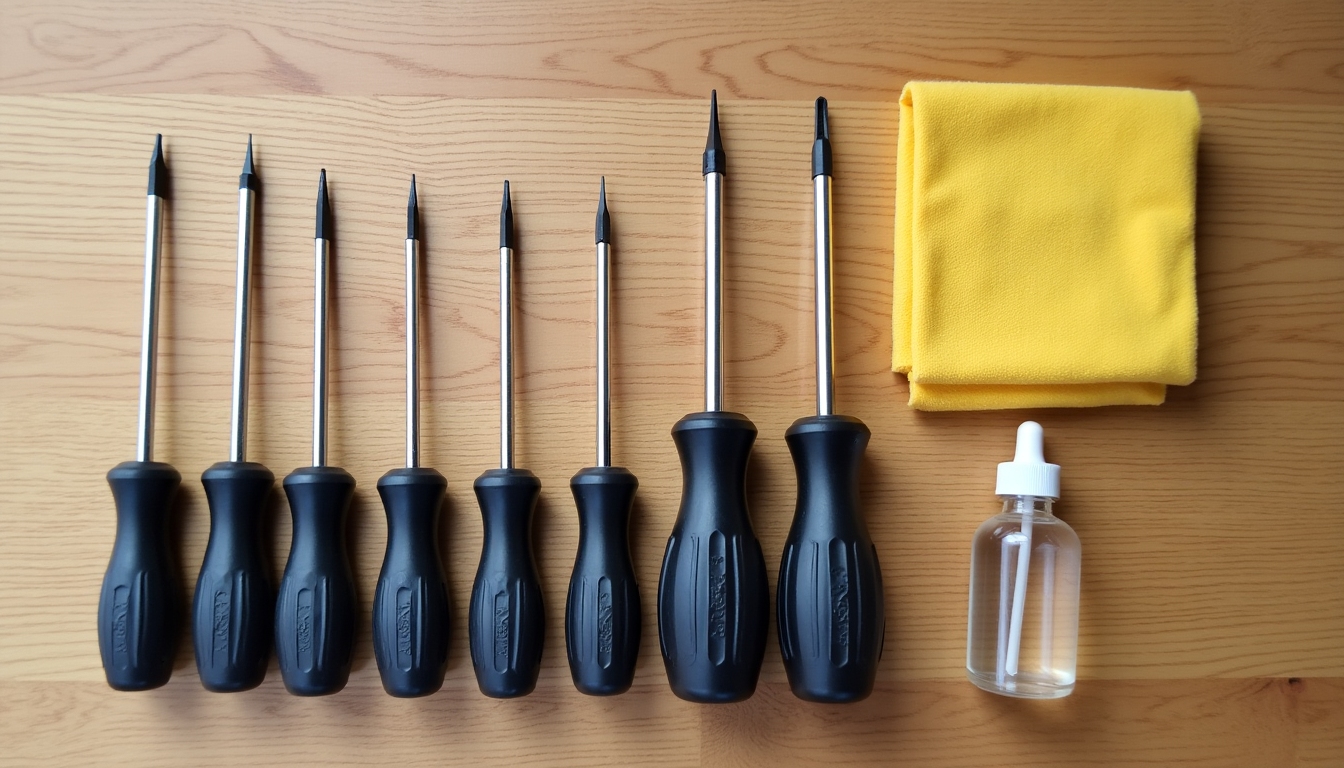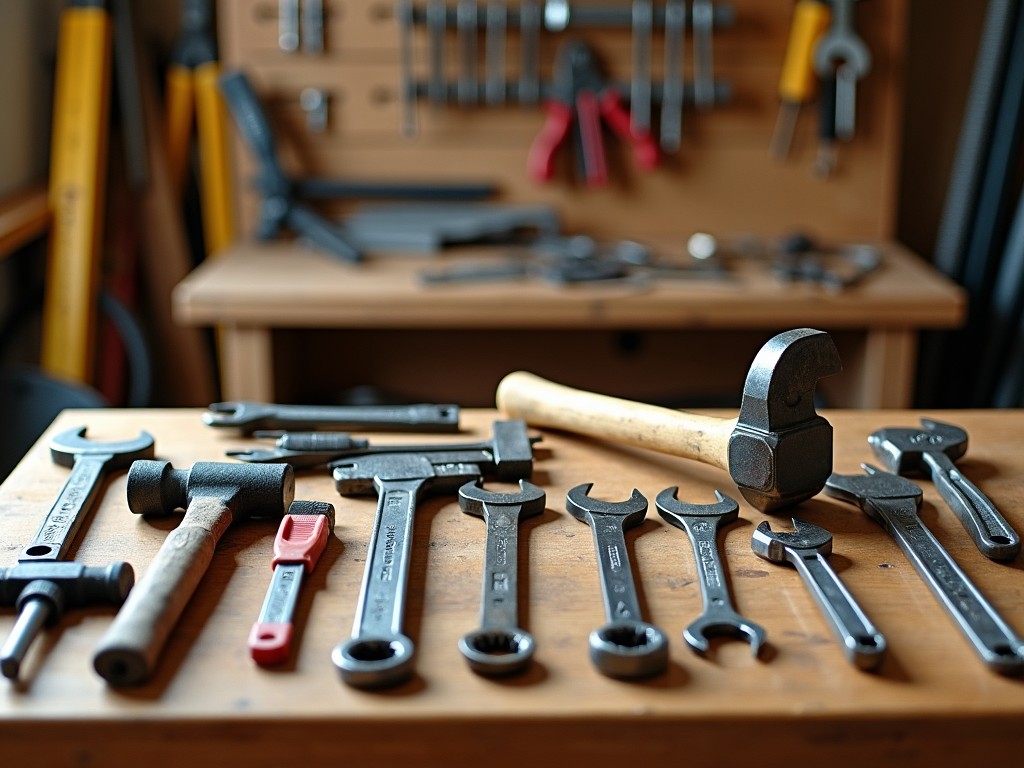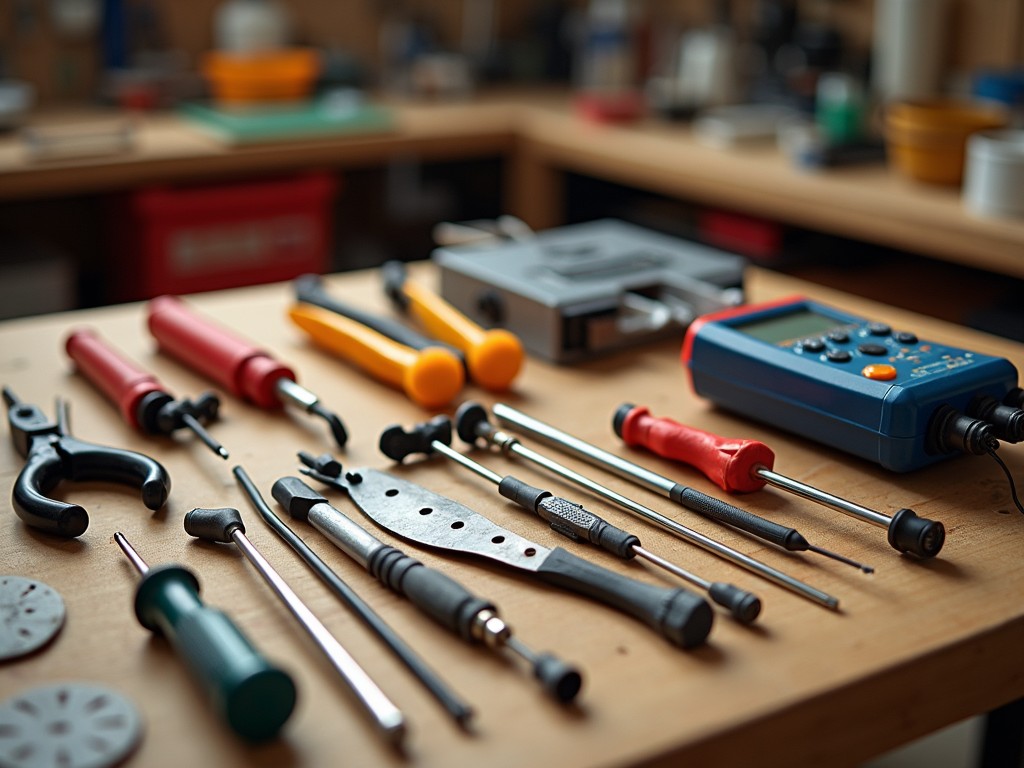Must-Have Hand Tools for Mechanics: An Essential Guide
For mechanics, having the right hand tools is crucial for efficiency and success. This guide explores the essential tools every mechanic should own, offering valuable insights into their uses and benefits.
The Importance of Quality Hand Tools
Every mechanical job starts with the right set of hand tools. Selecting quality, durable hand tools can save you time and effort on the job. Here are a few reasons why investing in good tools is crucial:
- Precision: High-quality hand tools allow for more accurate work.
- Durability: They last longer and can withstand heavy use.
- Safety: Quality tools reduce the risk of accidents and injuries.
Wrenches: The Workman’s Best Friend
Wrenches are fundamental to any mechanic's toolkit. They come in various types like adjustable, combination, and socket wrenches, each serving a unique purpose. Combination wrenches, for instance, have open ends on one side and box ends on the other, perfect for versatile applications.
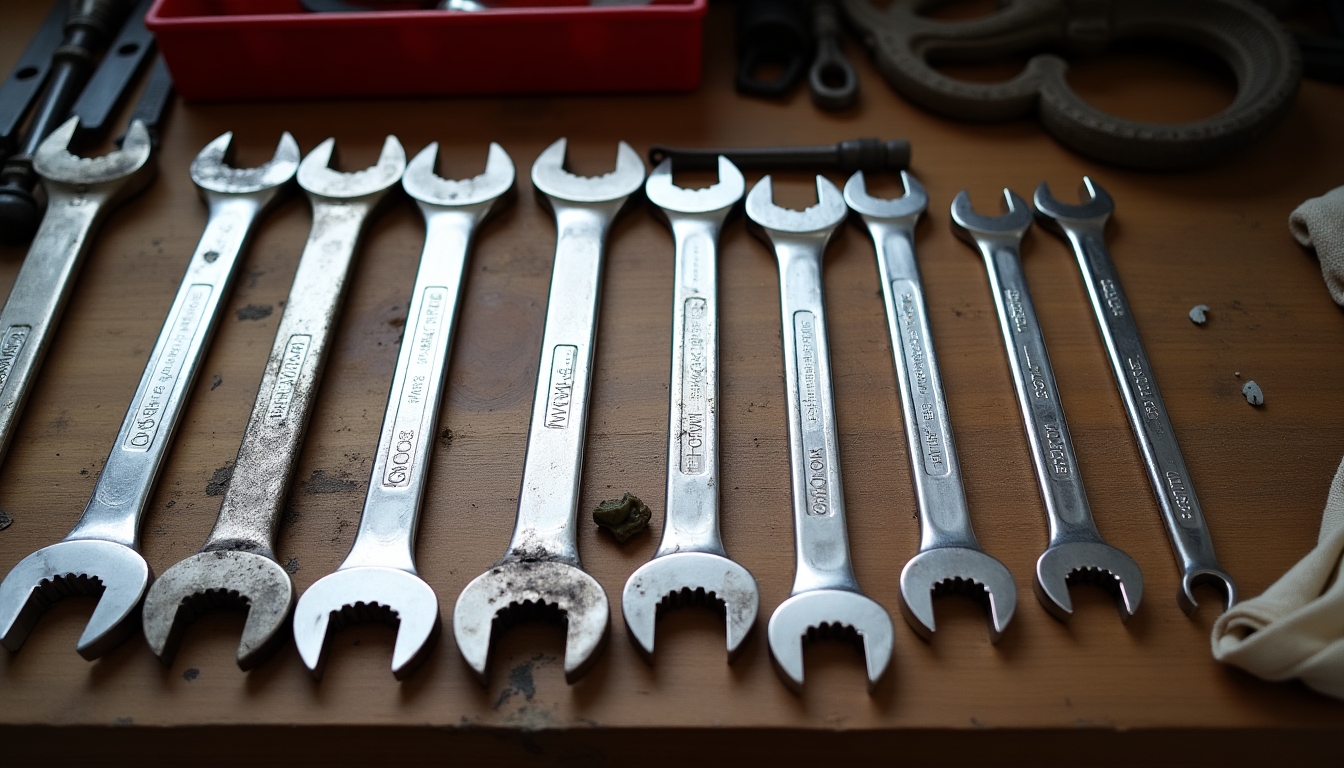
Screwdrivers: Simple Yet Essential
A good set of screwdrivers is indispensable. Whether flathead, Phillips, or Torx, each type targets specific screw heads. Look for a set with ergonomic handles to prevent hand strain during prolonged use. Screwdrivers are also available in multi-bit sets that are convenient and space-saving.
Ratchets and Sockets: Efficiency at Its Best
Ratchets and sockets allow mechanics to quickly loosen or tighten bolts and nuts, enhancing productivity. Tip: Consider a set with multiple sizes and extension bars to tackle a variety of tasks.
Sockets can be standard or deep, and having both types ensures you’re prepared for every situation.
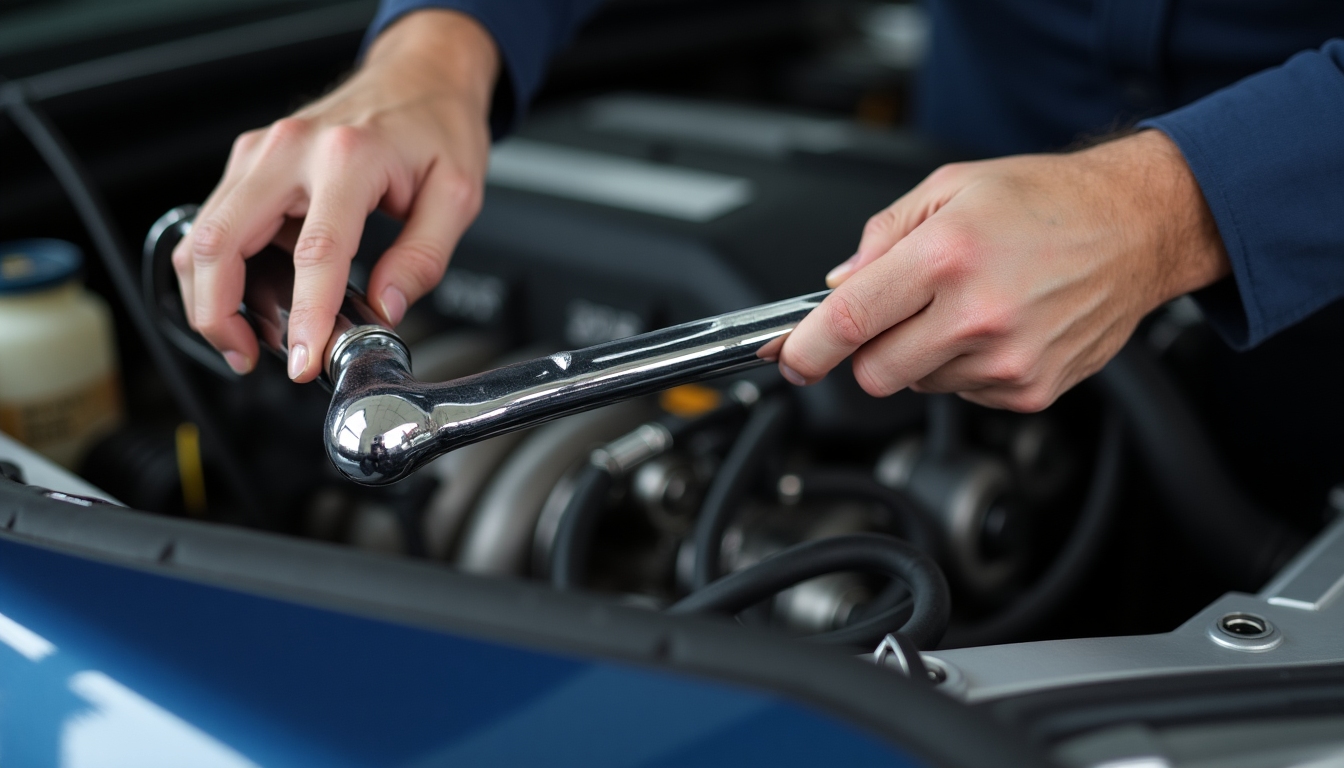
Pliers: A Flexible Tool for Many Tasks
Pliers play multiple roles in a mechanic’s lineup. From cutting wires to gripping pipes, there are many types, including needle-nose and locking pliers. Locking pliers can clamp objects securely, freeing up your hands for other tasks.
Tool Safety and Maintenance
Owning top-notch tools is just part of the equation. Maintaining them is equally important to ensure longevity. Here’s how:
- Regular Cleaning: Keep tools clean and free from grease or debris.
- Proper Storage: Store tools in a dry place to prevent rust. Use toolboxes or wall-mounted racks.
- Routine Checks: Inspect for wear and tear, replacing damaged tools promptly.
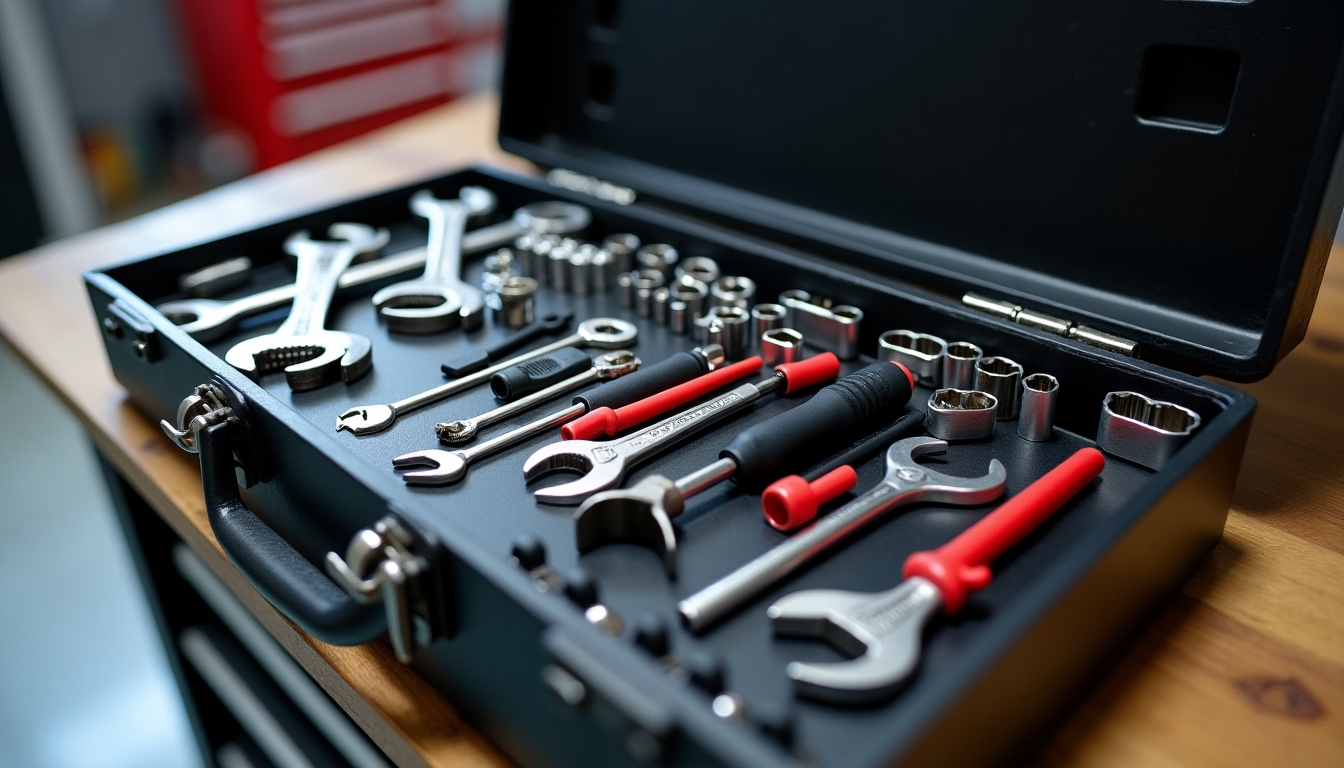
The Versatility of Hammers
Mechanics often need to apply force, and that’s where a good hammer comes in. A ball-peen hammer is typically used for metalwork, while rubber mallets are perfect for tasks where gentle force is needed. Always choose a hammer that fits comfortably in your hand.
The Indispensable Measuring Tape and Allen Keys
Accurate measurements are critical in mechanics, making a reliable measuring tape a must-have. Allen keys, or hex wrenches, are essential for furniture assembly or bicycles and can fit in those hard-to-reach spaces.
_
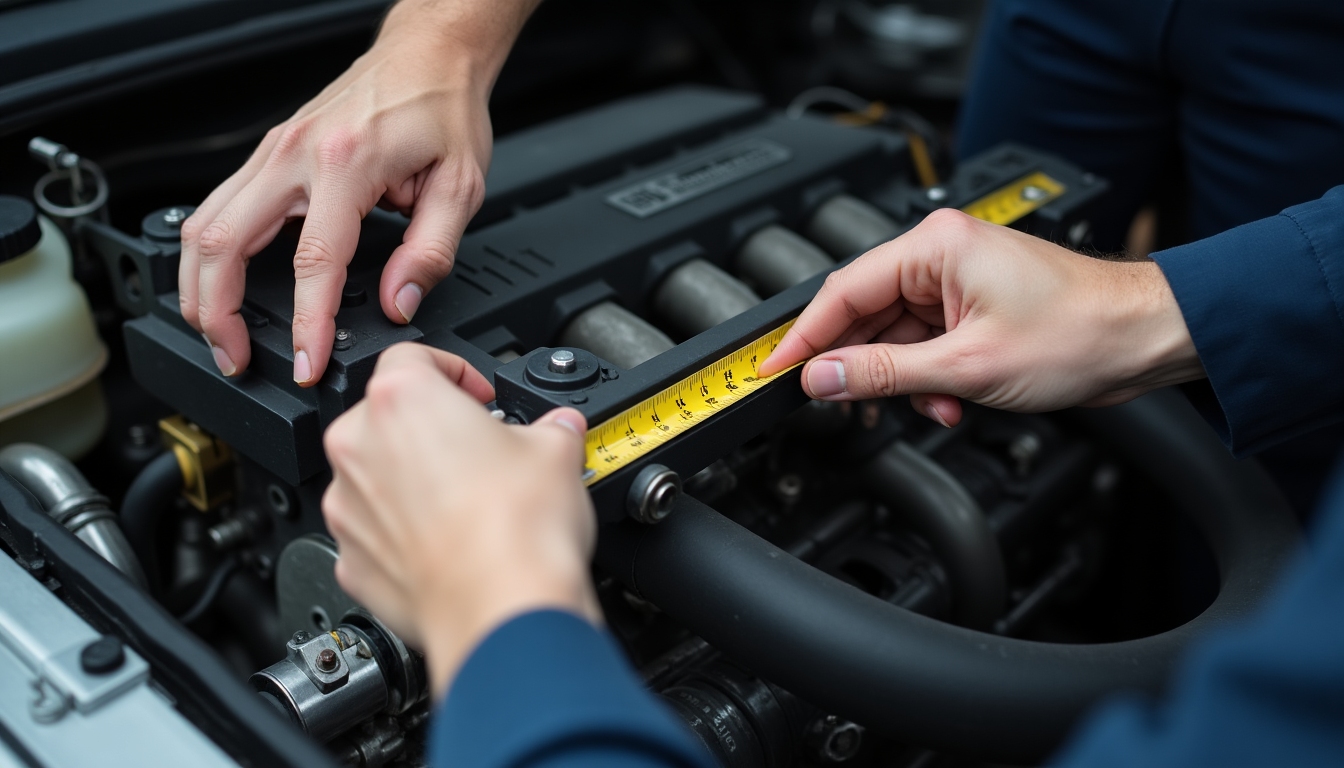
Summary
Whether you're just starting as a mechanic or are seasoned in the trade, having the right hand tools makes all the difference. Investing in quality tools and maintaining them ensures you’re always ready for any challenge on the job. This not only enhances productivity but also ensures safety and precision.
Related must-have hand tools for mechanics:
- The Difference Between Automotive and Manual Tools
- Guide to Ergonomic Tool Belts
- Must-Have Workman Tools for Every Toolbox
- The Ultimate Guide to Rotary Tool Accessories and Attachments
- Comprehensive Guide to Power Tools for Woodworking Enthusiasts
- Essential Screwdriver Maintenance Tips for Longevity
- Keep Your Power Washer in Top Condition
- Essential Features to Look for in a Workbench
- Comprehensive Tips for Tool Maintenance and Care
- Types of Hammers for Different Projects
- A Comprehensive Guide to Electrical Tools
- Comprehensive Guide to Workman Tools for Automotive Repair

